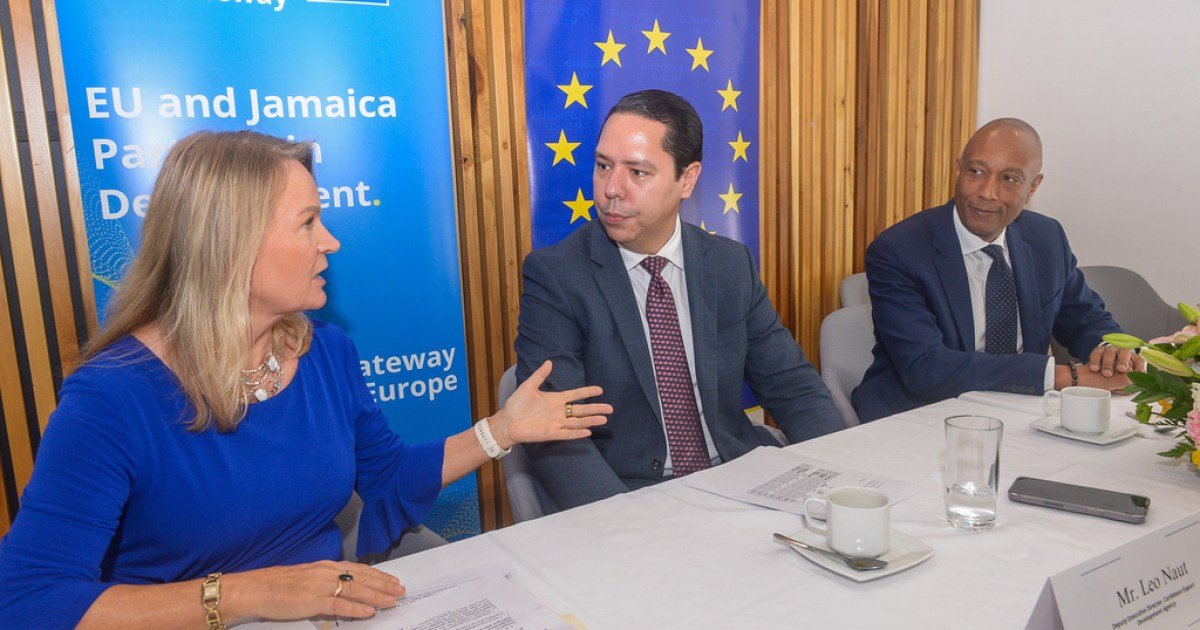June 9, 2025 • 2:50 pm ET
Why Congress must reauthorize the US Development Finance Corporation
Reauthorizing the DFC is vital to ensuring the United States is not outcompeted by China in its hemisphere. It is essential for supporting US jobs, creating markets for US exports, advancing energy independence, and linking foreign policy outcomes directly to economic benefits for American workers. Congress must act decisively to secure America’s economic interests and leadership in the Western Hemisphere.
How to update the DFC to further advance US foreign policy priorities in Latin America and the Caribbean
Created in 2018 under the BUILD Act, the DFC merged the Overseas Private Investment Corporation (OPIC) with USAID’s Development Credit Authority. This restructuring introduced a more agile and powerful tool for advancing US development objectives while strategically countering rivals, especially China.
As Congress prepares to revisit the DFC’s authorizing legislation, it should prioritize ensuring that the agency can effectively mobilize private capital for high-impact investments in infrastructure, minerals, energy, technology, and healthcare. These sectors are essential to strengthening the United States domestically—a key criterion set by the current administration for all agencies pursuing foreign policy initiatives. For example, investments in rare earth mineral exploration in the region not only secure preferential access for the US to the resource but can also generate US jobs in areas such as classification, storage, distribution, and processing.
The DFC must also reposition itself with enhanced tools, such as capital financing and technical assistance, so it can lead strategic investments. These investments should prioritize relocating supply chains for critical minerals, semiconductors, pharmaceutical inputs, and digital connectivity throughout Latin America and the Caribbean. Strengthening strategic alliances with like-minded countries and the private sector is essential to expand the DFC’s role in sectors vital to US economic and national security.
Key takeaways:
- Strategic alignment: The US International Development Finance Corporation (DFC) is a crucial agency for advancing US foreign policy objectives, promoting job creation and development, fostering economic partnerships, and supporting strategic allies. It aligns with forward-looking initiatives from the Trump administration, such as América Crece 2.0, which emphasizes private-sector-led growth. But DFC’s first reauthorization provides a unique window for updates to enhance effectiveness and alignment with US foreign policy priorities. Congress has until October to approve a reauthorization bill, but the decreasing availability of funds presents an urgency for approval.
- Geopolitical competition: The DFC can and should act as a strategic counter to the rising global competition for influence across the world, and particularly, in many of the developing nations that have continued to join China’s Belt and Road Initiative. The DFC offers a transparent, market-based alternative to opaque, state-driven financing models that come with political strings attached.
- Economic security: By investing in critical infrastructure and critical rare earth minerals, cybersecurity, energy, and healthcare in Latin America and the Caribbean (LAC), the DFC can enhance US economic security by strengthening alliances with like-minded countries to serve as a counterweight to aggressive Chinese actions that seek to dominate key sectors for the US economy and US supply chains while reinforcing the value of US-led investment.
View the full report
Related content
Explore the program

The Adrienne Arsht Latin America Center broadens understanding of regional transformations and delivers constructive, results-oriented solutions to inform how the public and private sectors can advance hemispheric prosperity.
Image: Cranes atop a building. Dabust Soh/Unsplash




